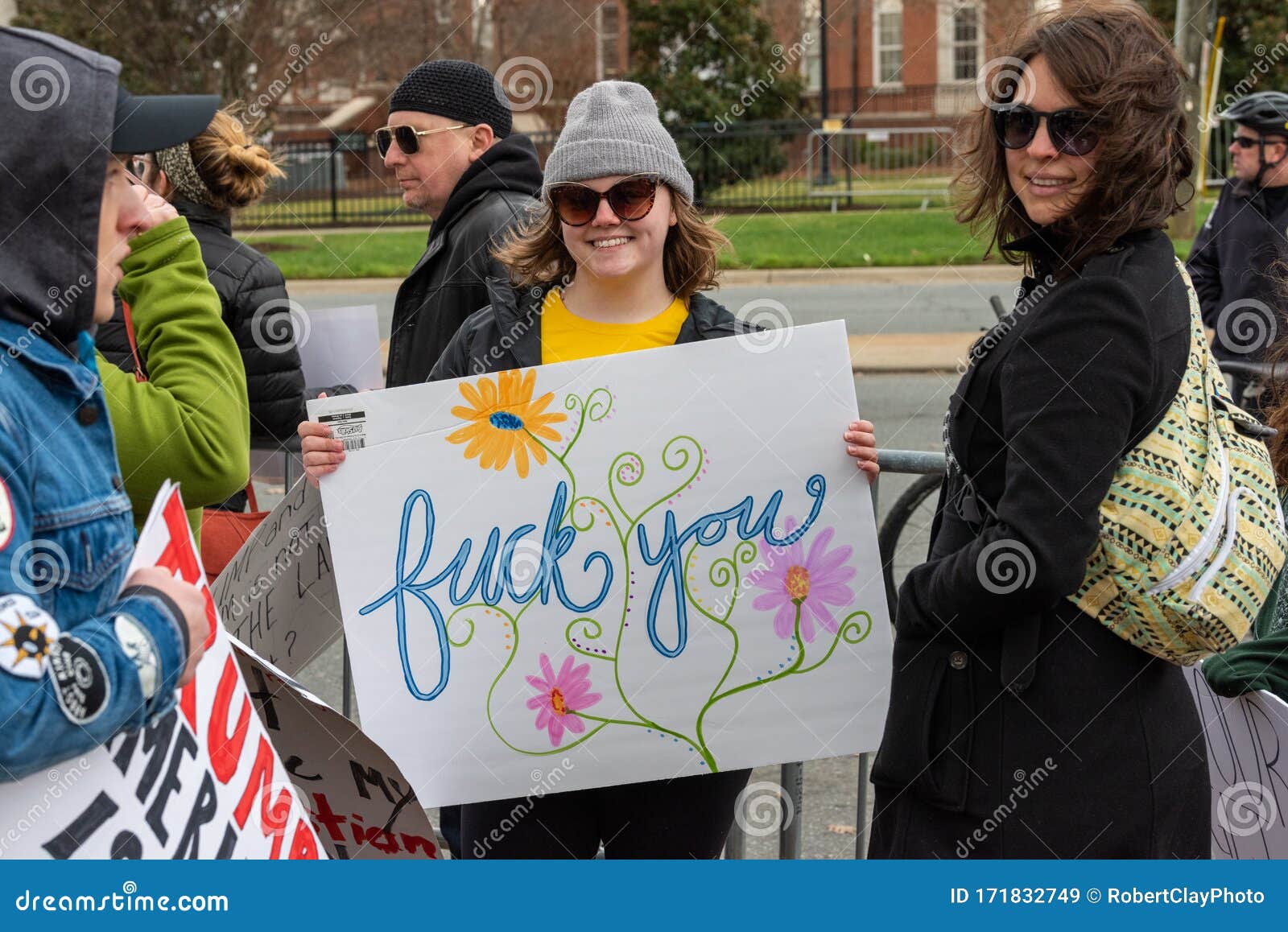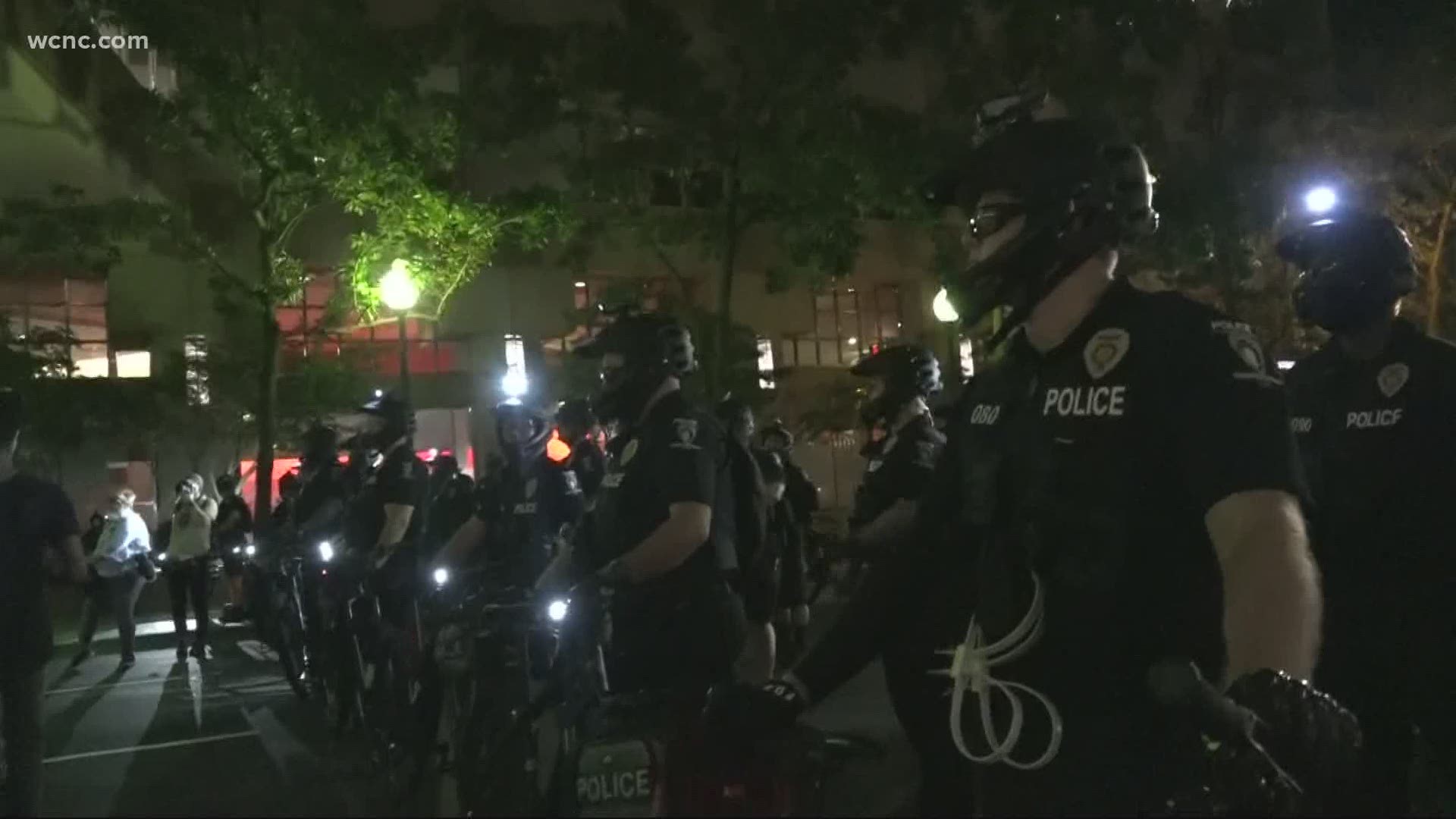Charlotte, North Carolina, has been at the center of national attention due to its recent protests. These protests didn't just happen overnight—they are the result of years of systemic issues, racial tensions, and a growing demand for justice. As we dive deeper, you'll uncover the real reasons behind the protests, their impact, and what they mean for the future of Charlotte and beyond.
When you hear about protests in Charlotte, it’s easy to get caught up in the headlines. But there's more to the story than what meets the eye. This isn’t just about one event; it’s about a movement that’s been brewing for a long time. People are standing up, speaking out, and demanding change—and it’s happening right here in North Carolina.
So, why does it matter? Because these protests aren’t just about Charlotte—they’re part of a larger conversation about justice, equality, and the future of our communities. As we explore this topic, we’ll break it down for you, give you the facts, and show you why this issue matters to everyone, not just those in North Carolina.
- Rising Star Discovering The Fascinating Journey Of Raheel Khan
- Contact Look Whatmomfound Your Ultimate Guide To Connecting With The Popular Mom Blogger
Understanding the Charlotte Protests
What Sparked the Protests in Charlotte?
Charlotte’s protests didn’t just pop out of nowhere. It all started with a series of events that brought long-standing issues to the forefront. The death of Keith Lamont Scott, an unarmed Black man, at the hands of police in 2016 was a turning point. This tragic incident ignited protests that spread across the city, highlighting deep-seated frustrations over police brutality and racial injustice.
But it’s not just about one case. The protests in Charlotte are part of a broader movement that’s been gaining momentum across the United States. People are fed up with systemic racism, unequal treatment, and a lack of accountability. They’re demanding change, and they’re not backing down until they see results.
Let’s break it down further:
- Joy Beune Nudes Separating Facts From Fiction
- Alana Cho Onlyfans Videos The Ultimate Guide For Fans And Curious Minds
- Police brutality has been a recurring issue in Charlotte.
- Community trust in law enforcement has been eroding for years.
- Citizens are calling for reforms in policing and accountability measures.
The Role of Racial Inequality
How Racial Tensions Have Fueled Protests
Racial inequality is at the heart of Charlotte’s protests. The city has a long history of segregation, economic disparities, and unequal treatment of minority communities. These issues have created a powder keg of frustration that exploded into protests demanding justice and equality.
Take a look at the numbers:
- According to a report by the Urban Institute, Charlotte ranks near the bottom in terms of economic mobility for Black residents.
- Minority communities face higher rates of unemployment, poverty, and limited access to education and healthcare.
- Police interactions disproportionately affect Black and Brown individuals, leading to mistrust and anger.
These statistics paint a picture of a city divided along racial lines. The protests in Charlotte are a reflection of these deep-seated issues and a call for systemic change.
Community Response to the Protests
Voices from the Streets
When you talk to people on the ground in Charlotte, you’ll hear a mix of emotions—anger, frustration, hope, and determination. The community has come together in ways that are both inspiring and challenging. Some are protesting in the streets, while others are working behind the scenes to push for change through advocacy and policy reform.
One resident, who wished to remain anonymous, said, “We’ve been ignored for too long. It’s time for people in power to listen to us and take action.” Another protester added, “This isn’t just about one incident—it’s about decades of injustice that we can’t ignore anymore.”
Not everyone agrees on the methods of protest, but there’s a consensus that change is needed. The community is demanding accountability, transparency, and a commitment to addressing the root causes of inequality.
Government and Law Enforcement’s Role
How Authorities Are Responding
The response from government officials and law enforcement has been mixed. While some have acknowledged the need for reform, others have been criticized for their handling of the protests. The use of force against peaceful demonstrators has sparked further outrage, leading to calls for more humane and effective policing strategies.
Mayor Vi Lyles, a strong advocate for change, has spoken out about the need for police reform and community engagement. She stated, “We must work together to rebuild trust and ensure that every resident of Charlotte feels safe and valued.”
Meanwhile, law enforcement agencies have faced scrutiny over their tactics. Critics argue that heavy-handed approaches only escalate tensions and hinder progress. The community is pushing for policies that prioritize de-escalation, community policing, and accountability.
The Economic Impact of Protests
How Protests Are Affecting Charlotte’s Economy
While the protests in Charlotte are driven by social justice, they’re also having a significant impact on the local economy. Businesses have been affected by demonstrations, curfews, and property damage. Some shop owners have reported losses due to reduced foot traffic and temporary closures.
However, the economic impact isn’t all negative. The protests have sparked conversations about economic inequality and the need for investment in underserved communities. Local leaders are exploring ways to support small businesses, create job opportunities, and address the wealth gap that exists in Charlotte.
It’s a delicate balance, but one that’s crucial for the city’s long-term recovery and growth. As one business owner put it, “We need to rebuild not just our streets, but also our community’s trust and prosperity.”
Media Coverage and Public Perception
How the Media Shapes the Narrative
The way protests are covered in the media plays a huge role in shaping public perception. In Charlotte, as in many other cities, the media has faced criticism for focusing too much on violence and unrest while downplaying the broader message of the protests.
Journalists and activists have called for more balanced reporting that highlights the root causes of the protests and the demands of the demonstrators. They argue that understanding the context is essential for fostering meaningful dialogue and change.
One local journalist noted, “It’s not just about the protests—it’s about the systemic issues that led to them. We need to tell the whole story, not just the parts that make headlines.”
Steps Toward Change
What’s Being Done to Address the Issues?
Charlotte is taking steps to address the issues driving the protests. City leaders, community organizations, and activists are working together to implement reforms and create lasting change. Some of the key initiatives include:
- Police reform measures, such as body cameras and de-escalation training.
- Community policing programs aimed at building trust between residents and law enforcement.
- Investment in underserved neighborhoods to improve education, healthcare, and economic opportunities.
While progress is being made, there’s still a long way to go. The community remains vigilant, continuing to push for reforms and holding leaders accountable for their promises.
Lessons from Charlotte
What Can We Learn from the Protests?
The protests in Charlotte offer valuable lessons for cities across the country. They highlight the importance of addressing systemic issues before they escalate into crises. They also underscore the power of community organizing and the need for inclusive decision-making processes.
One of the key takeaways is the importance of listening to marginalized voices. Too often, those most affected by systemic issues are excluded from the conversation. By amplifying these voices, we can create more equitable and just societies.
Another lesson is the need for sustained action. Protests are just the beginning. Real change requires ongoing commitment and collaboration from all stakeholders.
Looking to the Future
What’s Next for Charlotte?
As Charlotte moves forward, the focus remains on creating a more just and equitable city for all its residents. The protests have sparked a wave of activism and awareness that’s unlikely to fade anytime soon. The community is determined to see real change, and leaders are being held accountable like never before.
Looking ahead, Charlotte has the opportunity to become a model for other cities grappling with similar issues. By addressing systemic racism, economic inequality, and police reform, the city can set a new standard for social justice and community engagement.
Conclusion
The protests in Charlotte, North Carolina, are more than just a local issue—they’re part of a national movement for justice and equality. They highlight the urgent need for systemic change and the power of community activism. As we’ve explored, the protests are driven by deep-seated issues that require sustained effort and collaboration to address.
We encourage you to join the conversation and take action. Whether it’s through supporting local organizations, advocating for policy reform, or simply educating yourself and others, every effort counts. Together, we can create a brighter future for Charlotte and beyond.
Share this article with your friends, leave a comment, and let us know what you think. Your voice matters, and together, we can make a difference.
Table of Contents
- Understanding the Charlotte Protests
- The Role of Racial Inequality
- Community Response to the Protests
- Government and Law Enforcement’s Role
- The Economic Impact of Protests
- Media Coverage and Public Perception
- Steps Toward Change
- Lessons from Charlotte
- Looking to the Future
- Conclusion



Detail Author:
- Name : Ike Quigley I
- Username : cade.kovacek
- Email : osmith@fahey.com
- Birthdate : 1995-02-06
- Address : 65134 Alvis Mountains Suite 238 Zaneton, MI 86633
- Phone : 1-678-583-0226
- Company : Bauch-Volkman
- Job : Continuous Mining Machine Operator
- Bio : Nesciunt iure est dolor enim dolores animi placeat doloribus. Reprehenderit voluptatum dolor voluptatem qui ipsam aspernatur. Dolor enim odio nihil vero totam omnis.
Socials
tiktok:
- url : https://tiktok.com/@simonis1999
- username : simonis1999
- bio : Ratione illo aut praesentium quaerat. Quidem aut sed pariatur ipsam quo.
- followers : 1471
- following : 1322
instagram:
- url : https://instagram.com/brent_id
- username : brent_id
- bio : Explicabo aut est maxime dolore iure expedita. In numquam accusamus quos ab consequatur.
- followers : 5111
- following : 2966
facebook:
- url : https://facebook.com/brent_real
- username : brent_real
- bio : Et numquam cumque praesentium non dolor nihil est.
- followers : 6033
- following : 2268